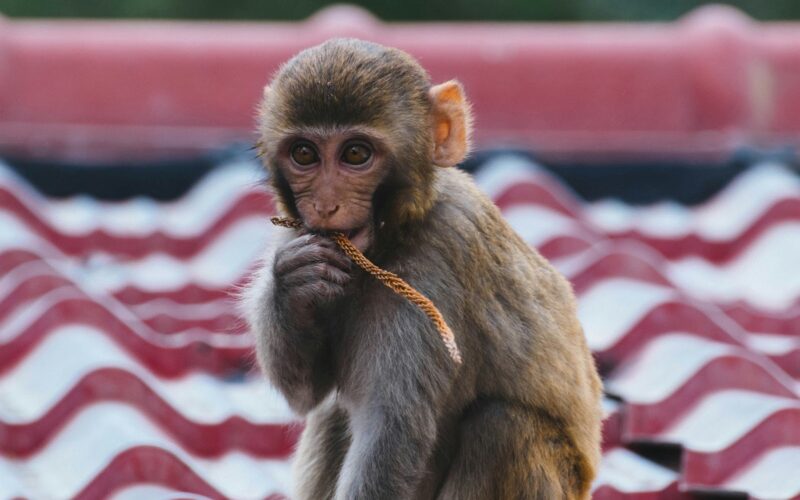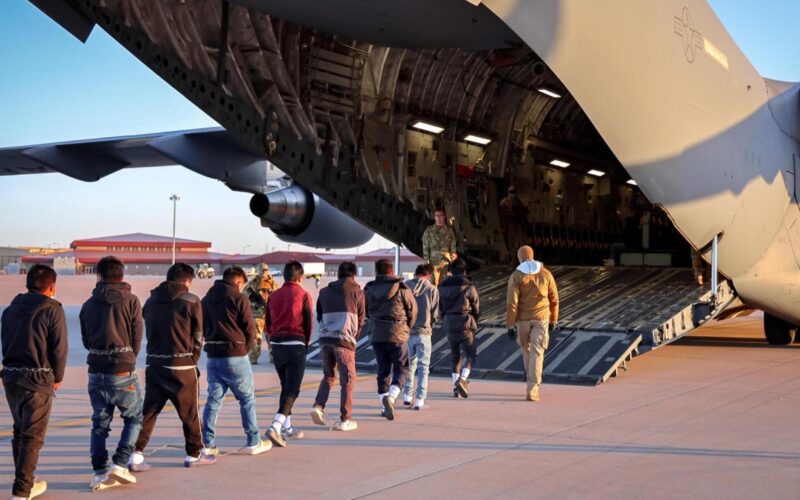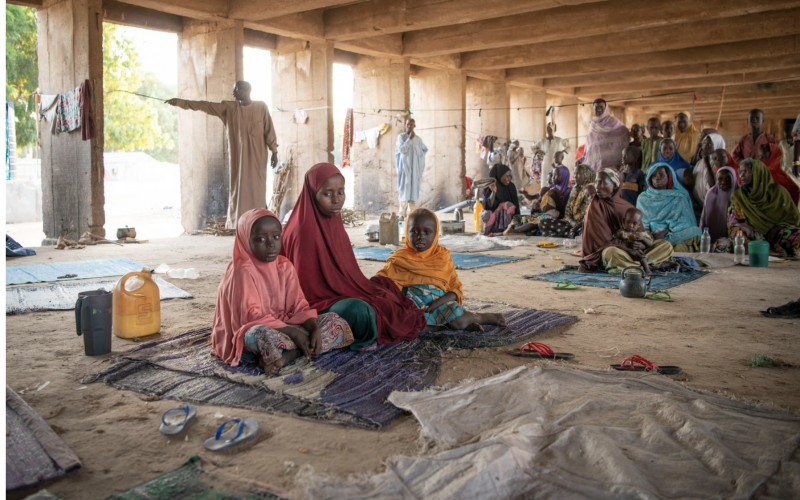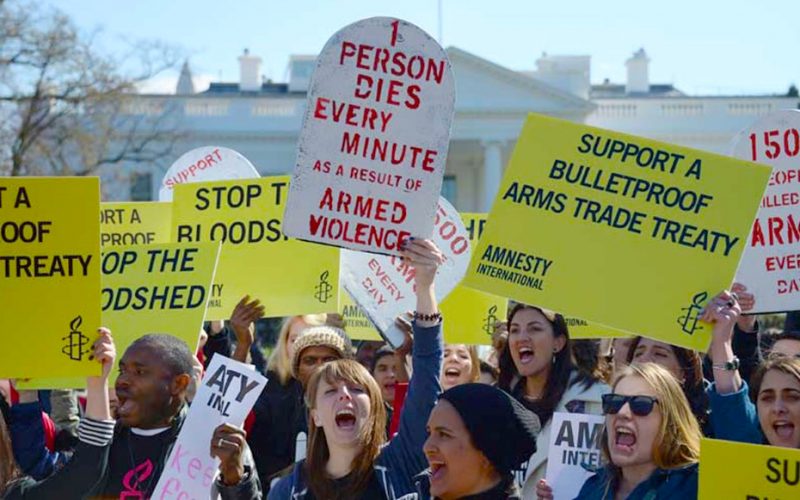Written by Ella Rosenthal, Bahar Naghavialhosseini, and Ava Afrashteh. What began in late December 2025 as demonstrations driven by economic desperation and political exhaustion has escalated into one of the […]
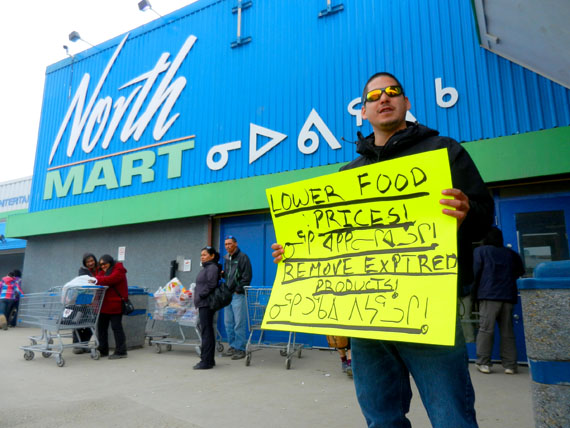
Food insecurity seldom comes to mind when considering Canada, a country recognized for its high standard of living. For those in the provinces, it may be shocking to hear the prices that those living in Northern Canada have to pay for such basic necessities. Yet food prices are so exorbitant that Northern Canadians, in particular the Indigenous communities that make up the majority of the population, are unable to sustain their families’ nutritional requirements. Government efforts to combat the issue are continuously insufficient and ineffective, exacerbating the structural inequalities faced by Indigenous populations in Canada.

Last month, the Indian government under Prime Minister Narendra Modi passed the Citizenship Amendment Act (CAA), a new set of laws that would allow minority religious groups from neighbouring Afghanistan, Bangladesh and Pakistan to more easily gain Indian citizenship. While at first glance these policies seem welcoming to targeted minorities, they notably exclude Muslims, raising questions about their true motivations.


